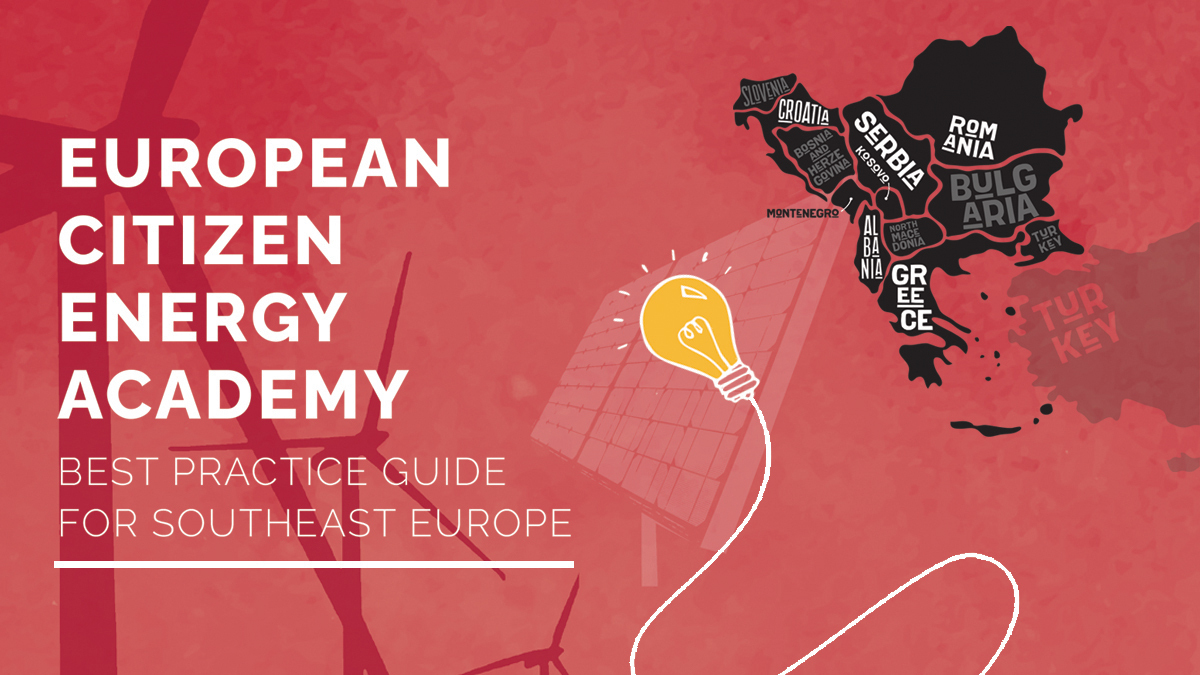Stories
September success story: A small solar power plant inspires change in Albania
Community energy is key to action on the climate crisis. It can empower people, boost local economies, and reinvigorate communities. Community-led initiatives play an important role in the transition towards a 100% renewable and just energy future. Success stories of community energy projects can be found all over Europe. At REScoop.eu we want to highlight these stories to further accelerate the movement towards a cleaner and democratic system.
This month we travel to Albania to discover Piskova Solar Farming, a small-scale community energy initiative that aims to demonstrate that energy cooperatives can thrive in Albania too.
Harnessing solar energy for local water supply
Albania’s energy landscape is at a crossroads. Currently heavily reliant on hydropower and dominated by a single large utility, the country’s national strategy aims to diversify and decentralise its energy portfolio while increasing the share of renewable energy sources. Involving citizens, communities, and local authorities is crucial to democratising this transition. Unfortunately, community energy remains a new concept in Albania. However, a group of citizens developed Piskova Solar Farming to inspire fellow citizens and showcase the potential of energy cooperatives.
Piskova Solar Farming comprises a 3kWp photovoltaic (PV) plant that powers the water pump of Piskova, a village of about 2,000 inhabitants in southern Albania. While the installation covers only 10% of the pump’s electricity needs, it offers local farmers a discount on the high energy bills they incur for irrigating their land. Furthermore, the successful completion of this project paves the way for easy replication.
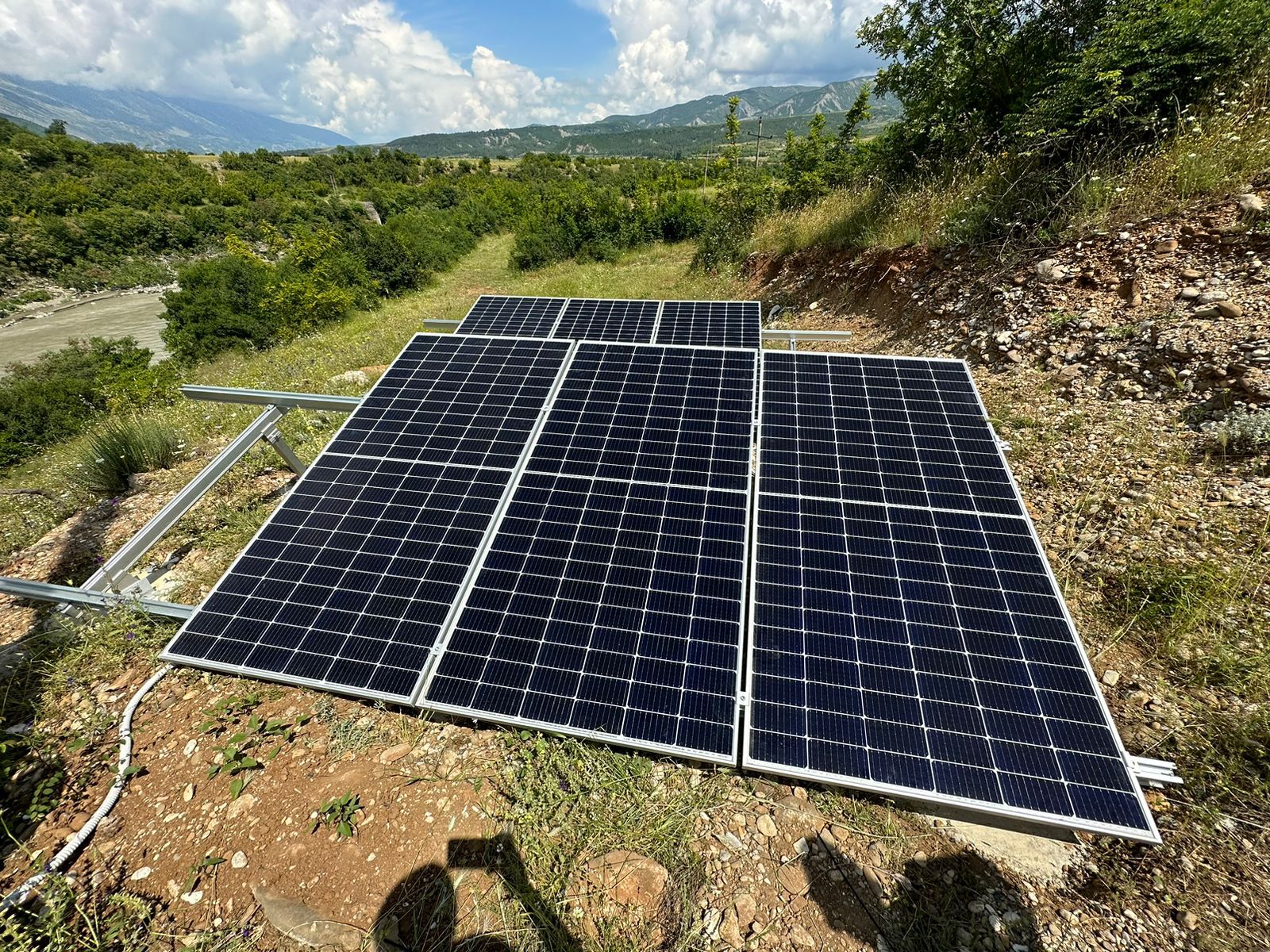
Defining the concept and structure
The origins of Piskova Solar Farming trace back to a workshop on community energy and the potential of renewable solar energy organised by the environmental organisation Milieukontakt Albania in June 2022. As part of their work within the EUCENA project, an initiative aimed at accelerating the energy transition in Southeast and Central Europe, Milieukontakt Albania was looking for a location to promote the creation of a lighthouse project that serve as a replication model for the future. After reaching out to various local groups and municipalities, they identified Piskova as the ideal setting.
The project advanced through mentoring sessions and a second workshop where participants presented a concrete plan for a solar farm to power Piskova’s water pump. Based on their data, the farmers identified an energy cooperative as a solution that could bring significant economic benefits.
However, given the absence of a legal definition of an energy community or energy cooperative in Albania, Milieukontakt presented a memorandum of understanding for the creation of an energy community during the third workshop. The document outlines its functioning and the roles and responsibilities of all actors involved: Milieukontakt Albania; Vjosa Explorer, a local NGO that managed the investment and provided the essential legal entity and structure for the project; the municipality of Piskova, responsible for maintaining the solar panels and the water pump; and 18 farmers who benefit from the installation, with many others also reaping rewards. A committee, with a representative from each group, manages the project.
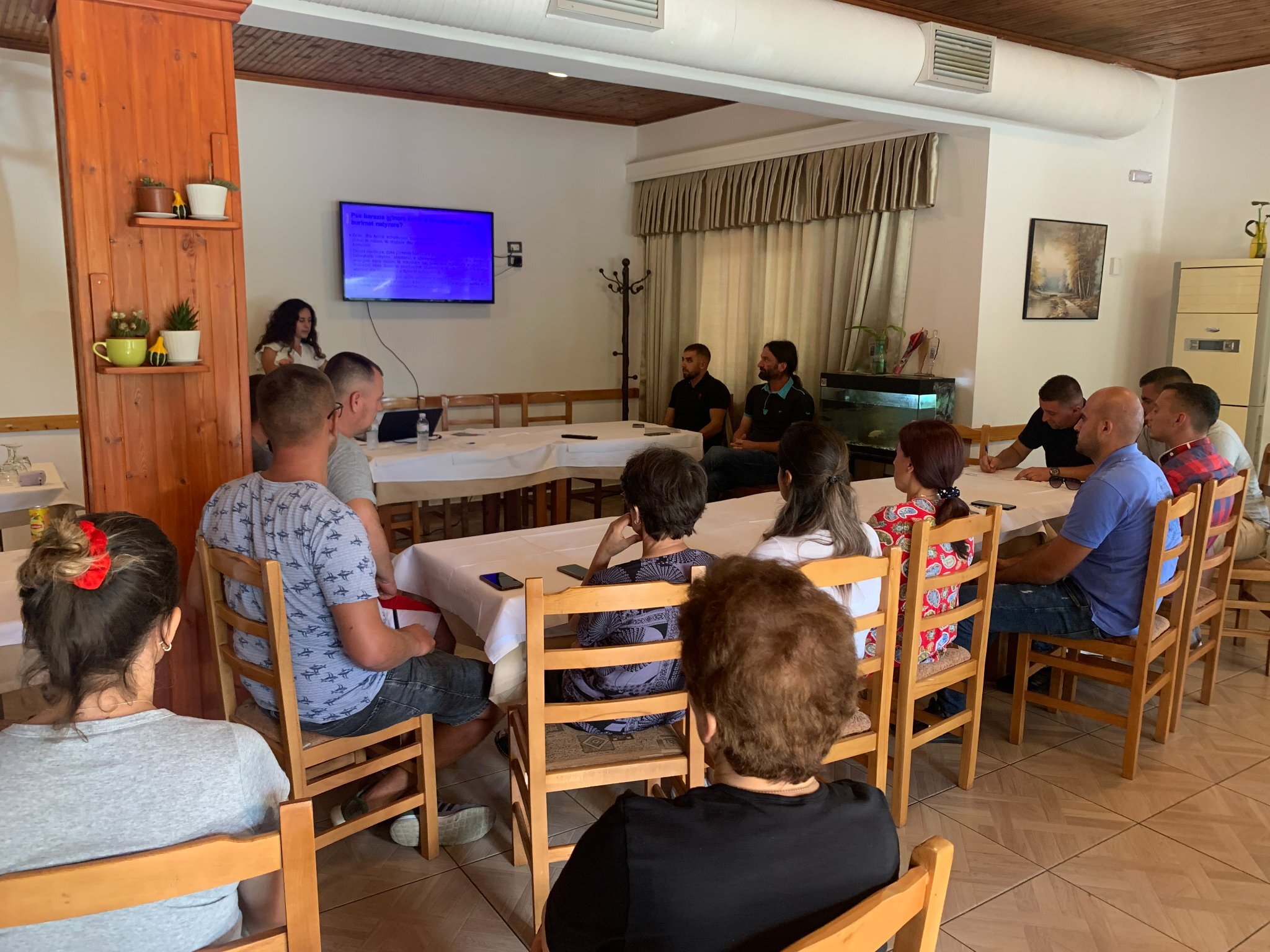
A shift in ambition
The initial farmers’ project envisioned an 8kWp PV system that would reduce the water pump costs by 30%. Milieukontakt launched a crowdfunding campaign, seeking €8,700 to finance it, but fell short of the target. Arion Sauku, project manager at Milieukontakt Albania, explains how they proceed.
“Unfortunately, we only managed to raise €3,000. We discussed whether to return the money to the donors or proceed with the project. After confirming the feasibility of a smaller PV plant, we decided to go ahead. For us, community engagement was the most important aspect, so a smaller installation could still set a positive example for the local community. The project has been a valuable experience and a productive collaboration among various stakeholders.”
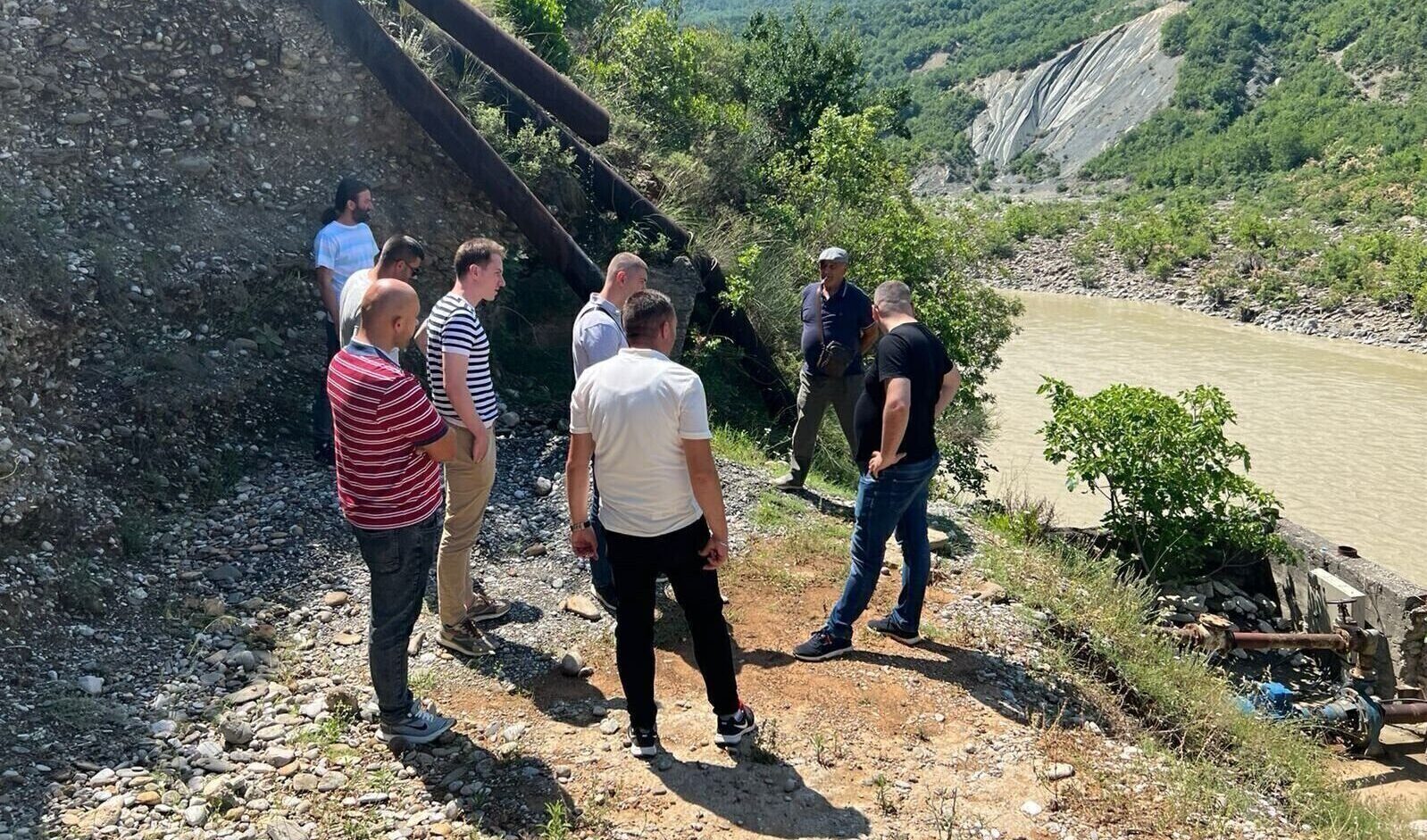
In June 2023, one year after the initial workshop and a few months after concluding the crowdfunding campaign, the installation was completed, and the 3kWp solar farm began supplying electricity to the water pump. In the future, Arion envisions local farmers organising themselves to raise more money to expand the plant’s capacity.
Setting the stage for the future
According to Arion, the Albanian legal framework - or the lack of it – has been the primary obstacle to this pioneering initiative. The concept of energy communities is currently missing in national legislation. While the energy law mentions the concept of prosumers, there are no financial incentives or regulations to support energy communities. This has created significant barriers to the development of citizen energy initiatives. For example, Piskova Solar Farming faced a “maze of bureaucracy” and could not be registered as a legal entity.
Milieukontakt Albania and other environmental organisations are working diligently to change this situation, advocating for national laws aligned with the EU provisions for energy communities. Although non-EU countries are not obliged to adopt EU energy legislation, EU directives remain relevant to them due to their participation in the Energy Community - an international organisation that unites the European Union and its neighbours to create an integrated pan-European energy market.
To illustrate the evolving legal context, Arion recalls that in their first meetings, policy makers often confused “community energy” with the “Energy Community” organisation. However, there is now growing understanding of the concept, and the Ministry of Energy has expressed willingness to align national regulations with those of the European Union. “We are still in the early stages, but we are already making progress”, Arion concludes.
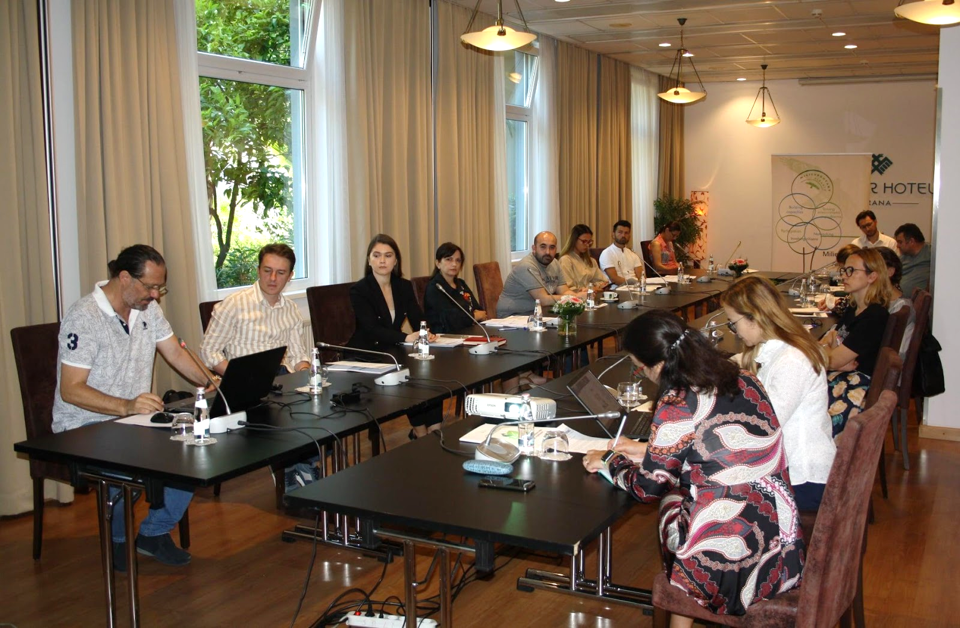
The second major challenge is the lack of awareness and knowledge of community energy among Albanian citizens. Despite the increasing interest in solar energy investment among families, most of them are unaware of the concept, and only a few NGOs have expertise in the field.
In this regard, Arion emphasises Milieukontakt's contact with the European community energy movement through the EUCENA project and REScoop.eu events. “Before the EUCENA project, we had limited knowledge of community energy. Now, it's an integral part of our organization, and we're actively promoting it throughout Albania." He also hints that they already have some ideas to replicate the Piskova Solar Farming model.
More community energy projects in the Balkans
Piskova Solar Farming is just one small example of the citizen energy revolution taking root in the Balkans. Citizens in the region are embracing the concept of community energy, adapting it to their local contexts, and launching citizen-led initiatives to pave the way for an inclusive and just energy transition.
The EUCENA project compiled some other initiatives in a best practice guide for Southeast Europe, which includes Solar in Kutë, a citizen-led initiative to make Kutë, a village located 70 kilometres from Piskova, the first solar village in Albania. The publication aims to inspire other groups of citizens to set up their own energy communities by following the footsteps of these pioneering initiatives and reaching out to them for support.
